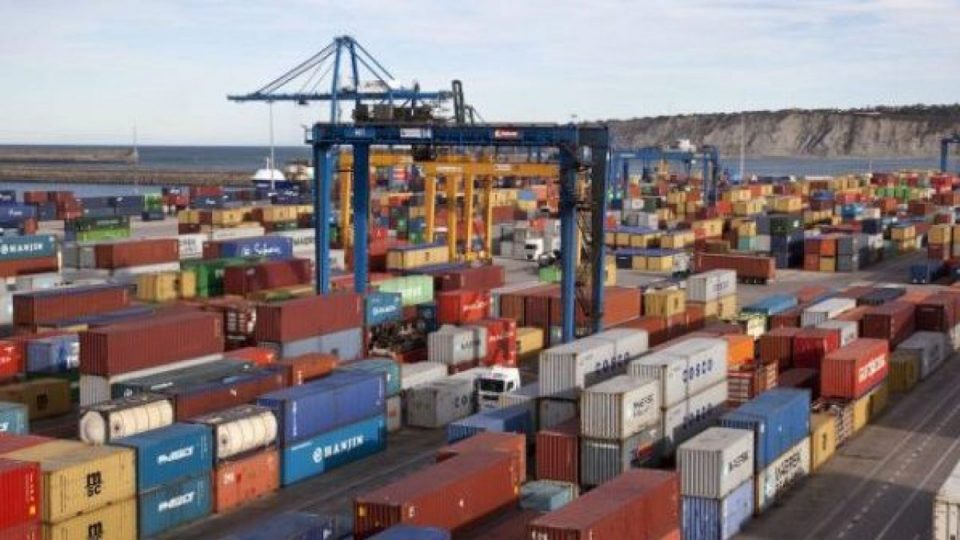High duty: Vehicle imports crash by 128%
Vehicle imports into Nigeria crashed by 128 per cent between the first quarter of 2023 and the corresponding period of 2021.
A document obtained exclusively from the Nigeria Customs Service by the paper showed that in the first quarter of 2023, a total of 51, 782 vehicles were imported into the country compared to 117,830 vehicles imported within the same period under review in 2021.
However, in the first quarter of 2022, a total of 97, 132 vehicles were imported, indicating an 87.5 per cent drop from the total number of vehicle imported in 2021.
Meanwhile, there was a drop of about 40 per cent in the number of imported vehicles that came into the country between January and October this year through the Ports & Terminal Multipurpose Limited compared to the figure for the same period of the previous year.
While a total of 192,287 units of vehicles came into Nigeria in the first 10 months of 2021, only 114,159 units were imported through the same terminal in the same period in 2022. The terminal is responsible for the importation of most vehicles coming Nigeria.
A Customs document had shown that from January to October 2022, only 122 vessels berthed at the ports as against 167 vessels recorded within the same period in the previous year.
The document also showed that the terminal recorded a total number of 30,560 containers in the first 10 months of 2021 as against 24,181 recorded in a similar period of the current fiscal year. These figures showed a serious drop in activities in the terminal, which is known to be a Roll-On-Roll-Off terminal in Nigeria where almost 85 per cent imported vehicles coming into the country come through.
Clearing agents operating at the nation’s maritime industry have blamed inconsistent government policies and the newly introduced Vehicles Identification Number for clearing of imported vehicles as reasons behind the decrease.
On the latest drop in vehicle imports in the first quarter of 2023, a Customs official, who chose to speak on condition of anonymity, said the just concluded general elections and the cash crunch caused skepticism that made many people to cancel proposed importation.
However, other analysts said the rising import charges were the major cause of the declining vehicle imports.
The Vice President of the National Association of Government Approved Freight forwarders, Nnadi Ugochukwu, blamed the manner in which the NCS implemented the Vehicles Identification Number policy that led to sharp increase on import duty on vehicles.
“The major cause of the drop is the way the Nigeria Customs Service is implementation the VIN for the valuation of imported vehicles. We have discussed this several times. The automobile policy said that vehicles that are not more than 15 years from the day they are manufactured can come in. But the Customs made it 10 years. If your vehicle is more than 10 years you will pay more, so we spent more to bring in these classes of vehicles. And you know most Nigerians go for these older vehicles, and because of these high cost it made the vehicle out of reach for many Nigerians.”
The TinCan Island Task Force Chairman of the Association of Nigerian Licensed Customs Agents, Amuni Riwane, said, “The reasons are not far-fetched, first and foremost is the increment in duty. The levy they added because of the introduction of this VIN valuation, secondly you know the exchange rate is high now and most of these cars are bought in foreign currencies




